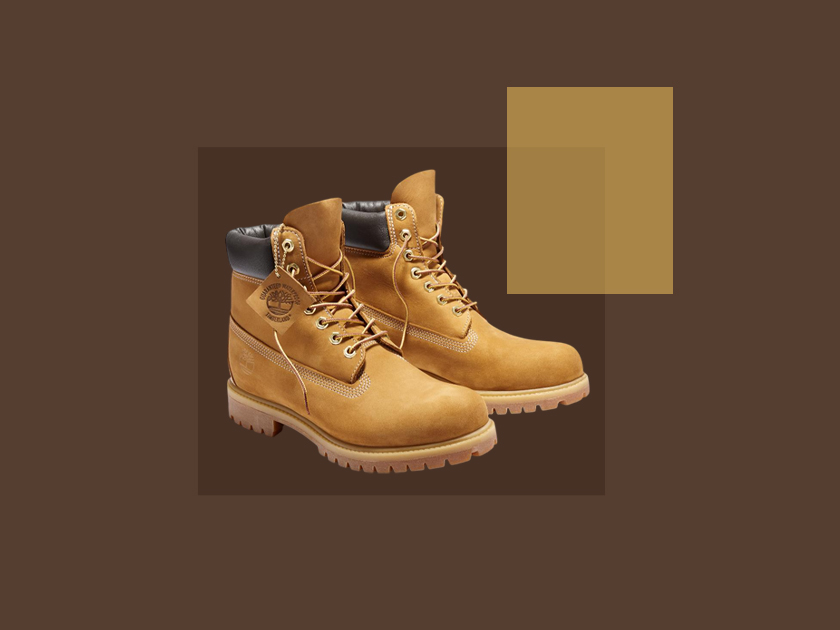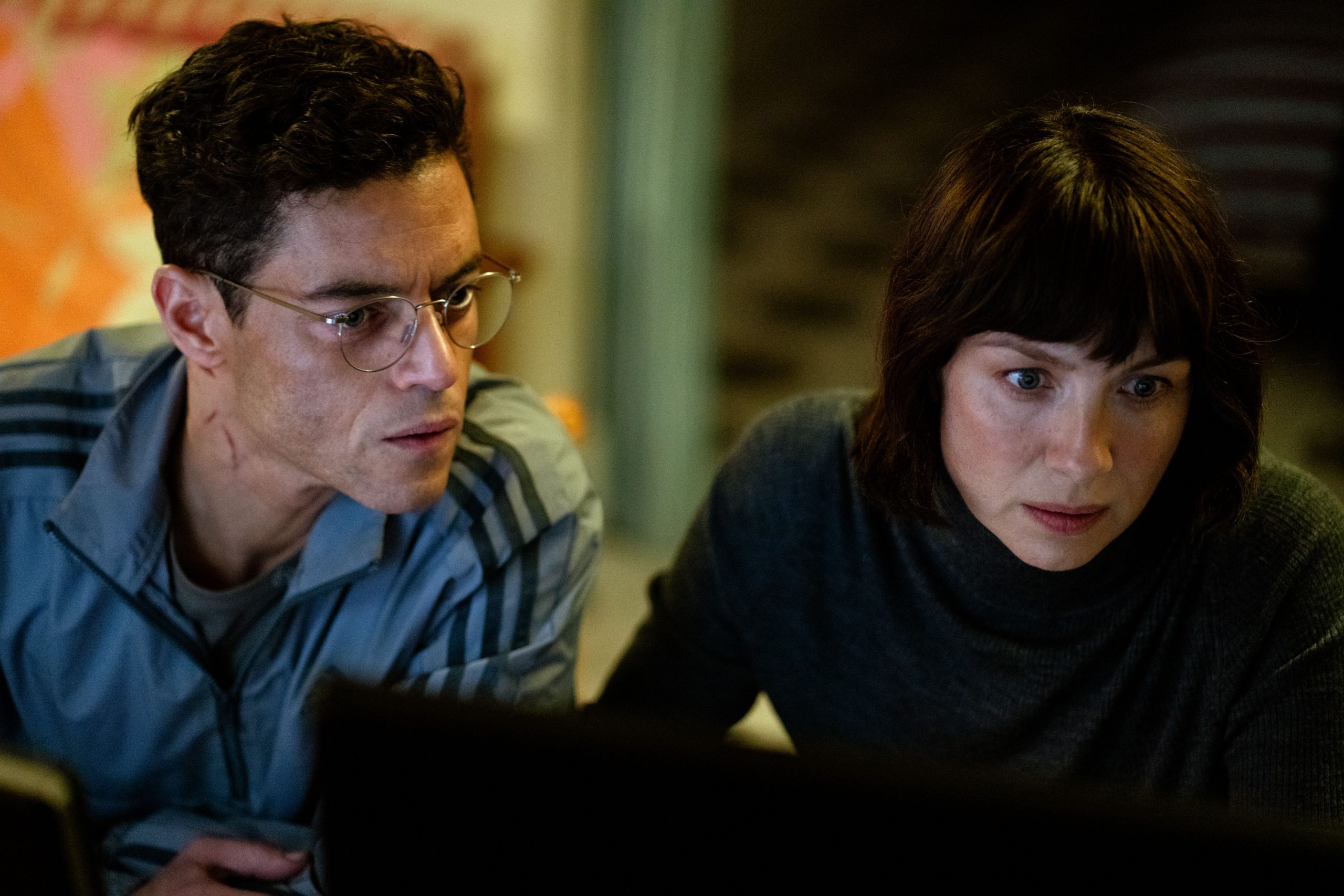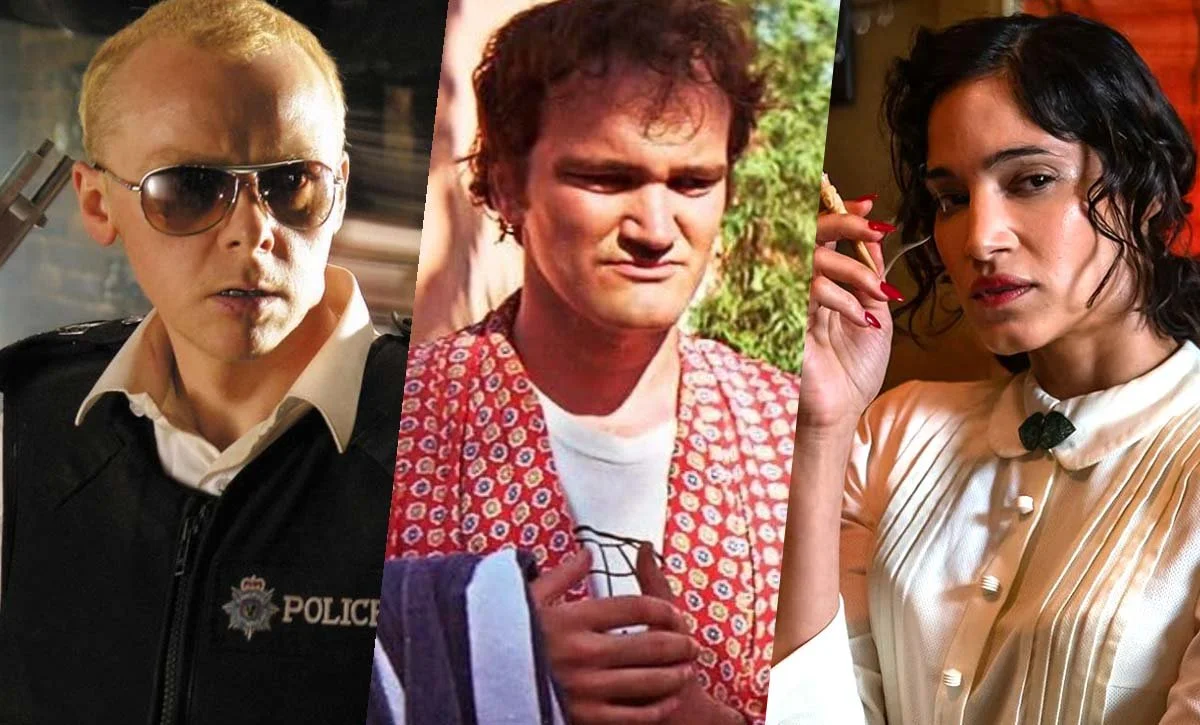Since 2022, the Israeli army has killed 220 Palestinian men and women, according to a report by Amnesty International. To understand this situation, we must have three words in mind: colonization, occupation, apartheid of the State of Israel. All this, thanks to a demographic policy and the demolition of houses that prevent the expansion of the Palestinian population, a Kafkaesque jurisdiction, the inevitable martial laws, walls erected around Jerusalem, checkpoints at every entrance and exit from the cities. A reality that I observed with my own eyes during my stay in November 2022 at the invitation of the NGO Jerusalem Palestine Rights Consortium. And who says occupation, says resistance. Through their inspiring journeys and struggles, Rana Awadi-Muhareb, Fida Shehada and Nidal Rafa are making revolution every day.
Rana Awadi-Muhareb, the founder of Omnia
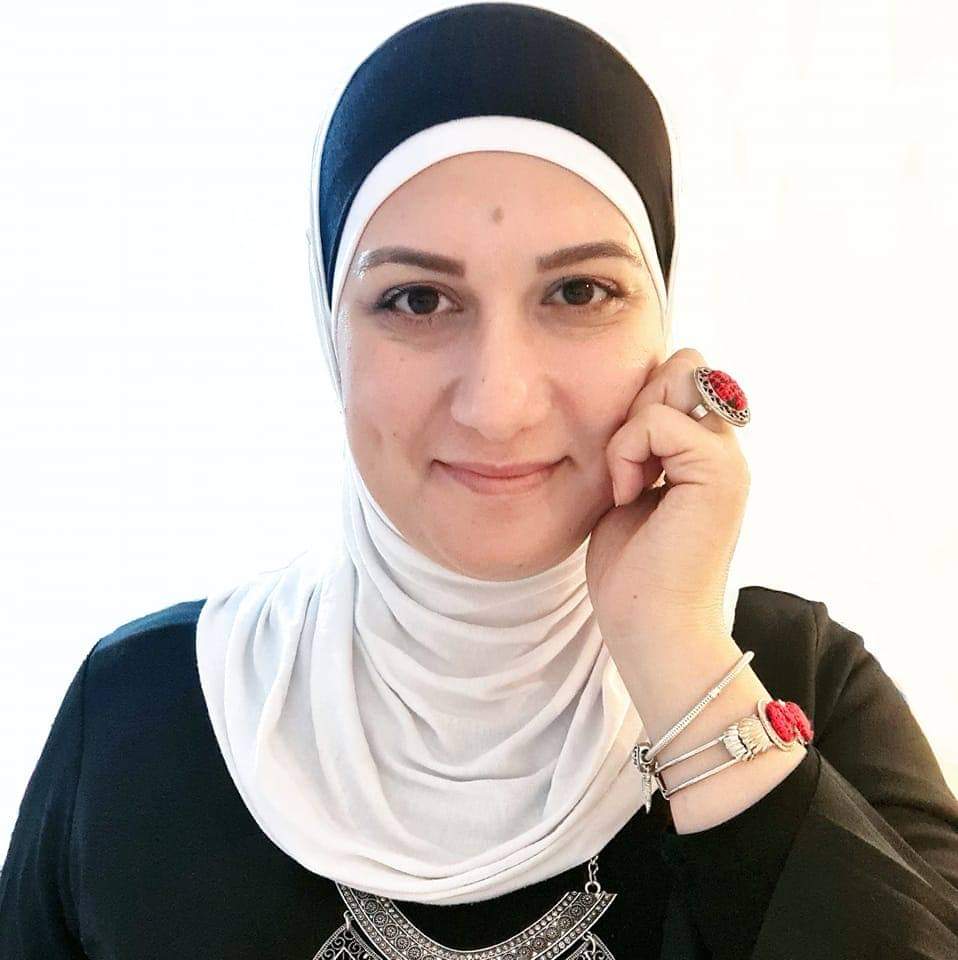
On the first day, I visit the historical city of Lydd near Tel Aviv. A mixed city of nearly 80,000 inhabitants, 30% Palestinian and 70% Jewish. A complex fabric of Palestinians, of Palestinian refugees who arrived after the 1948 Nakba (the exodus of the Palestinian Arab population that occurred during the 1948 Arab-Israeli war: during this war, between 700,000 and 750,000 Palestinian Arabs out of the 900,000 living in the territories that will be under Israeli control after the war fled or were driven from their land), Bedouins, Soviet Jews, Arabs and Ethiopians.
Over the past decade, activists from Garin Toran, a far-right Zionist community, often armed, have settled in the city and are implementing violent intimidation strategies to ” judaize ” the city. The memory of Moussa Hassouna, a 32-year-old father killed by these religious Zionists on May 10, 2021, is still alive. On the premises of Omnia, an association she founded in 2016, Rana Awadi-Muhareb explains to me that little, “Arabs and Jews lived in the same buildings, violence was not so present”.
In 2015, Rana is faced with a dilemma: reconciling a professional career and parental obligations. She organizes a meeting via Facebook to discuss it, about forty women and children are present. A year later, the association includes mothers and young women with high school degrees and self-employed mothers. Since then they have set up a summer camp for children, raised funds and toys for families, renovated schools, organized crafts, readings, face paintingtrampoline for children.
Six years later, Omnia starts a library project in a small place. The place has been vandalized many times. Despite all the success of the project, Omnia raises funds for the renovation of a new place. At the bookstore, the Lydd women attend English classes, workshops on healthy relationships, film screenings, and discussions.
Since then two thousand members and participants have passed through the association. Today, Omnia’s three goals remain unchanged: to provide a space for women to discuss, find common solutions and advocate. For Rana Awadi-Muhareb, their social activism will always be” In the female community of Omnia and for the Arab community in general. It’s a good way to empower ourselves For good reason, his association fills the cultural, infrastructure and budget gap for Arabs in Lydd, led by Jewish mayor Yair Revivo, whose urban policy prioritizes Jews.
Fida Shehada, the one who makes politics in the field
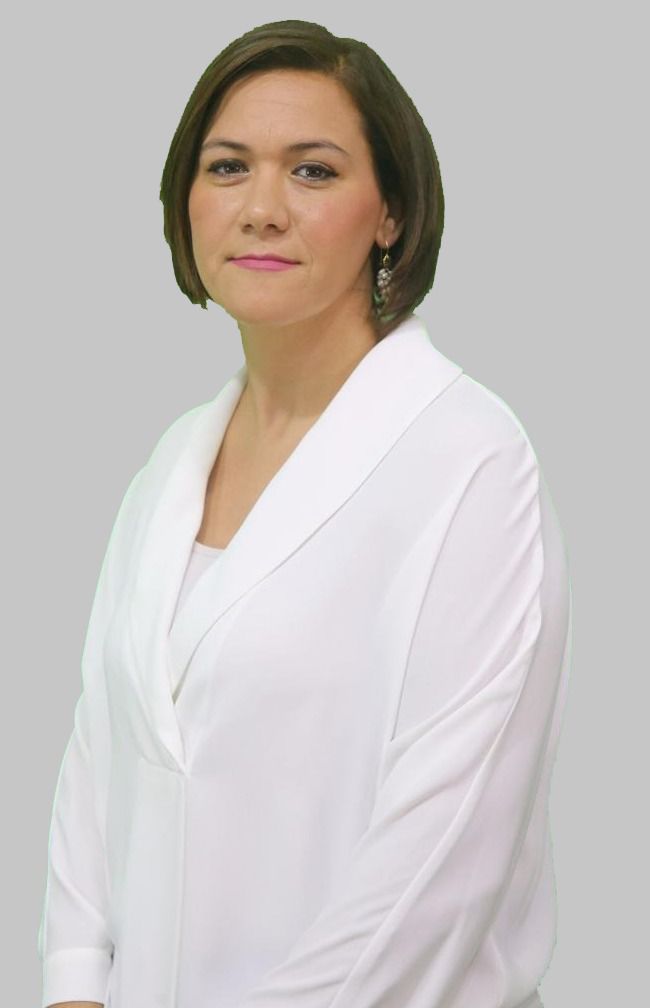
On the same day, Fida Shehada tells us about her journey. Town planner, former Lydd Town Council member, housing campaigner for 15 years. For Fida, living in Lydd means making it a lot of racism Here, as everywhere in Palestine, families are subjected to forced deportations following the demolition of their homes by the Israeli authorities. Fida is also part of the Women Against Weapon association which supports families whose member is detained by the state of Israel.
In 2018, she became aware of the existence of a discriminatory urban project against the Arab population. Fida alerts house after house. According to her, this urban plan threatened ” the lives of 13,000 people. Forcing families to move into an 18-story building? A culture shock “. Not to mention the construction of schools and infrastructure reserved for Jews. With only two months to block its implementation, his petition has gathered more than 3,000 votes against. The project is canceled, a first for the Arab community.
Backed, Fida decided to run in the municipal elections of the same year under the banner of the al-Nahda party. You were elected with a large majority, but the reality was brutal: 19 seats in the council, including 6 for your party. Fida immediately understands that ” all decisions are made for the Jews but also against the Arabs Al-Nahda elected officials note their impotence in the face of the imbalance in the distribution of budgets for Arab and Jewish students, the impossibility of parity within a segregated education system between Arabs, religious and non-religious Israelis. A individual level, direct high school students to university, help write CVs, find a job for ” Avoid LTO youth violence in (his) city “.
In 2021, she resigned from her elected office after receiving death threats from Mayor Yair Revivo. “I was threatened at work, at home. It was no longer bearable “. When asked if she will continue to engage in politics, Fida Shehada replies that with Women Against Weapons she is engaging in politics: “In solidarity with the families, we are present during the trials. Let’s raise money, raise awareness about mass incarceration. So no, no more politics in City Hall, but I’ll continue. »
Nidal Rafa, the one who fights colonial ideology
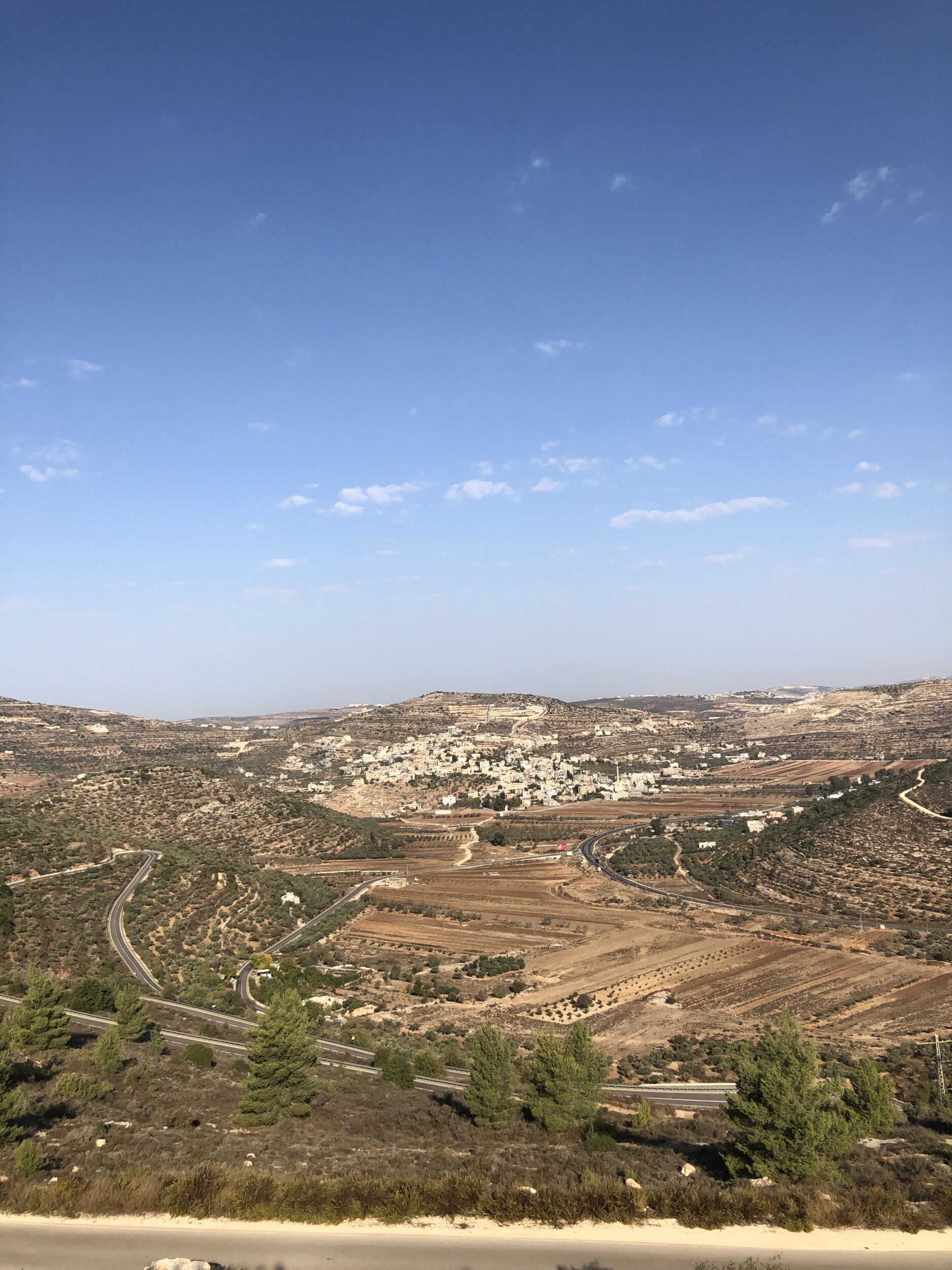
On the second and third day I travel to the occupied territory of the Jordan Valley. During these two days, the Palestinian journalist Nidal Rafal will be our guide. with which he collaborated Cnn AND France 24 he is involved in several organizations (Adalah, Al Siwar, The Arab Journalist Club…). His fiery character and his positions earned him the ire of religious Zionists. And when we know that 32 Palestinian journalists have been killed since 2000, according to Reporters Without Borders, informing is an act of resistance that Nidal embraces to the end.
He denounces the State of Israel’s media machine that terrorizes journalists by brandishing anti-Semitism and revoking their visas. Nidal rejects journalistic objectivity and argues that the Palestinian situation is also a matter of terminology. ” Journalists and organizations need to say the terms and provide context. If you don’t say “occupation”, people don’t understand why people resist “. For example, according to the journalist, to say “disputed land” and not “occupied land”, to speak of Judea instead of the West Bank, are words of occupation that cut us off from the reality of the Palestinian people.
Thanks to Nidal Rafa and various local actors, I learn about the region. One of the effective aspects of colonization is geographical separation, especially by road. Along the road network some roads are blocked, the names of Palestinian villages replaced by the names of new Israeli settlements in Hebrew. Road 4370, for example, is an apartheid road, with a section reserved for Palestinians in the West Bank area. Through it, we go to the Shalal Al-Aujau Bedouin community, where the State of Israel is waging an outright water war and a building ban while the population is growing. As a result, no irrigation system for their crops, no nurseries, or the ability to add outdoor toilets, houses monitored by drones. This population, marginalized since the 1970s, finds itself transferred to refugee camps, dispossessed of its pastures replaced by intensive cultivation of olives, dates and other vegetable gardens.
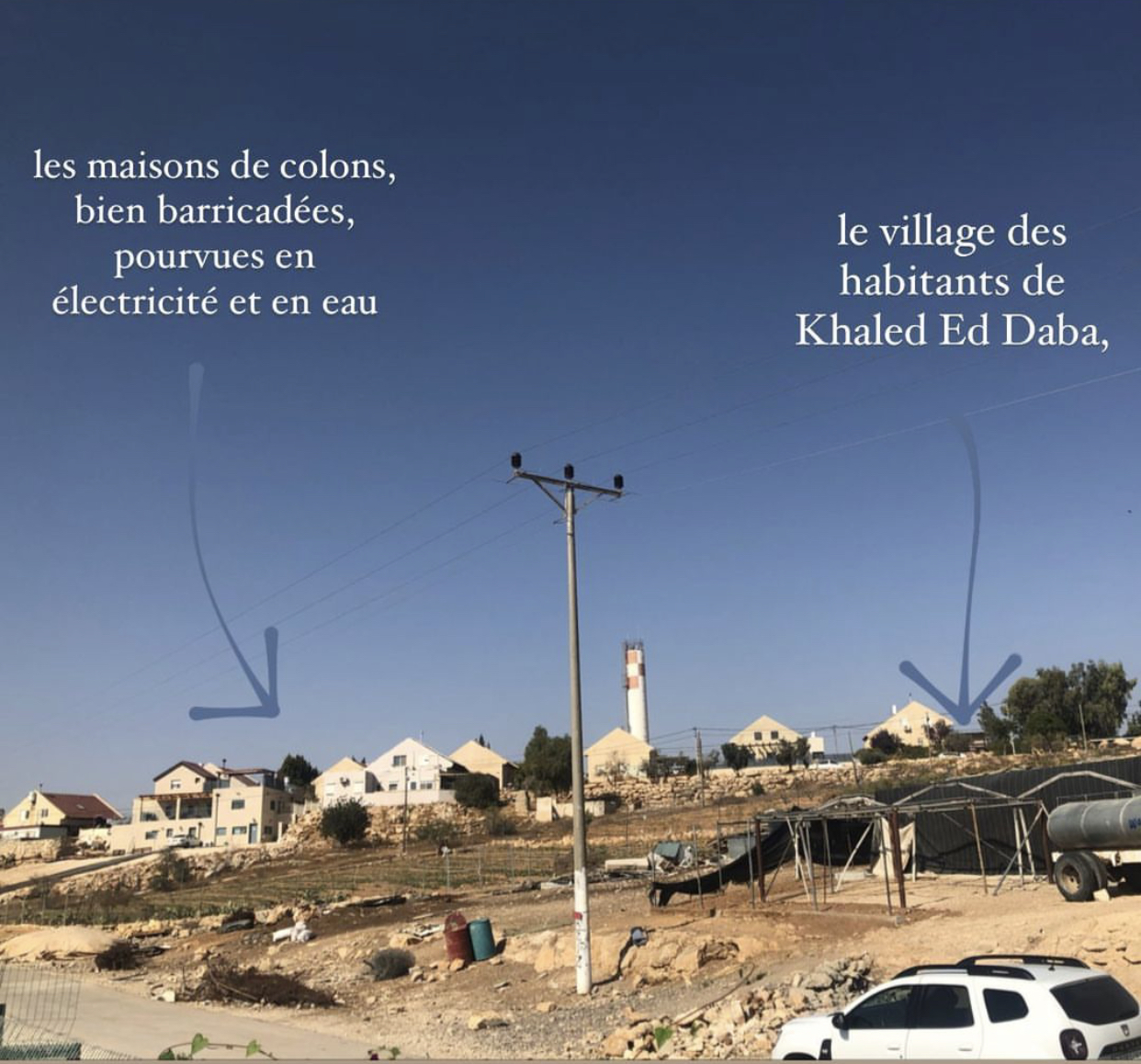
We then go to Masafer Yatta, welcomed by the inhabitants of the Khaled El Daba camp, descendants of the 1948 exiles. The village faces an expulsion decision justified by the 1980 martial law concerning the “ shooting areas “. According to local organizations there is no evidence of a zone of fire, this would be the way to displace 1150 Palestinians in order to establish settlements. On the way to the community of Halawa, an Israeli soldier orders us to turn back. Total frustration.
On the road to Hebron, a former economic hub, 1 hour from Jerusalem, underlines Nidal Rafa importance “of the media because of their influence on governments and peoples. People here want freedom, the right to existA”. After the very commercial Shuhada street was closed in 1994, the city has a dozen settlements. This street is now the entrance to a Jewish ghetto where Palestinians no longer have the right to move. The few families who live there they do not receive anyone, the windows facing the street are barricaded to prevent settlers from throwing stones. Its entry is monitored by a motion-detecting automatic weapon, loaded with electric shocks or tear gas. The settlers can also use the Blue Eyes app and identify Palestinians. suspects or worse, send their photo to the Israeli intelligence base. A true ” technological fascism according to our guides. Due to their religion, our guides were unable to cross the Shuhada Street watershed. Let’s go back to Bethlehem, Nidal Rafa launches an appeal: “JI don’t want people to be pro-Palestine. I want them to be pro-justice, anti-colonization, anti-apartheid, anti-occupation. I want them to be for human rights. »
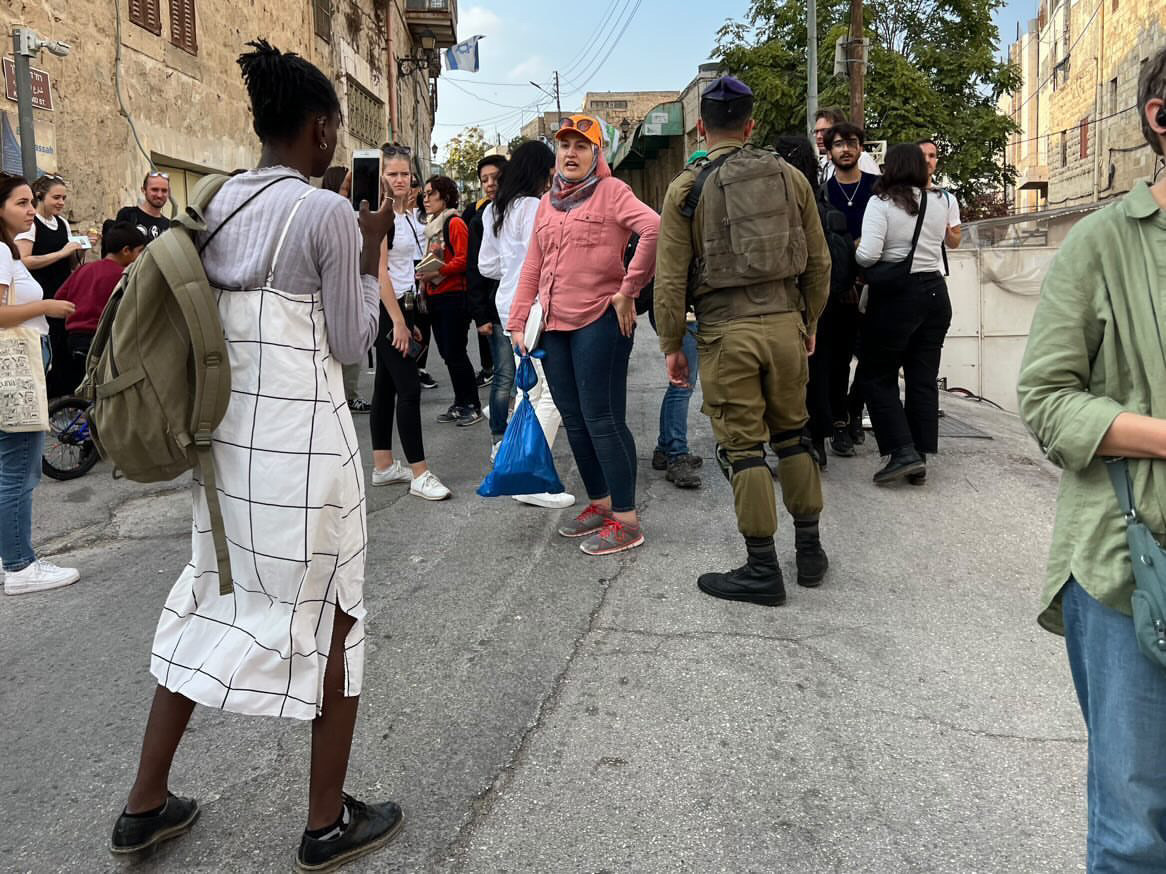
For further :
- 3 Instagram accounts to follow: @jerusalemrc / @eye.on.palestine / @Adnan_barq
- 2 illuminating reports: @Adnan_barq / Amnesty International
- Douce Dibondo’s front-page story about his reporting in Palestine.
Source: Madmoizelle
Mary Crossley is an author at “The Fashion Vibes”. She is a seasoned journalist who is dedicated to delivering the latest news to her readers. With a keen sense of what’s important, Mary covers a wide range of topics, from politics to lifestyle and everything in between.


